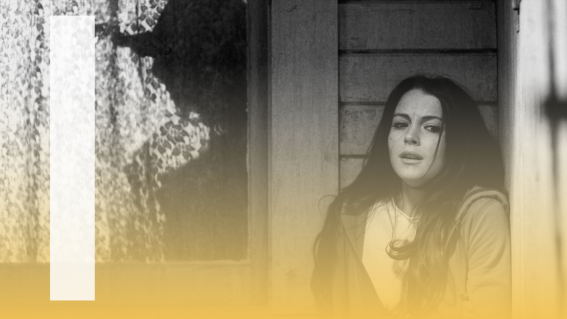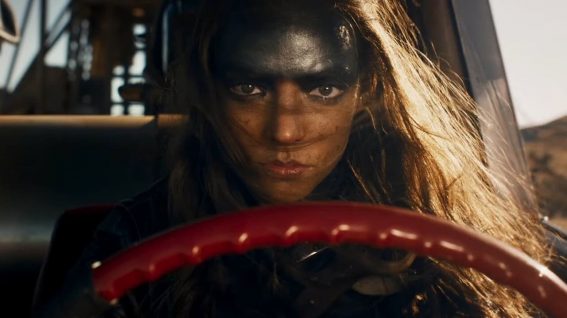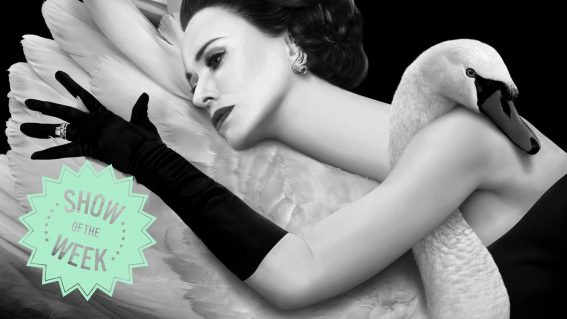How to pull off the Ultimate British Heist (according to British heist movies and shows)

It’s heistin’ time, Brit-style. Rory Doherty plays mastermind, putting together the perfect plan fit for a Guy Ritchie movie.
Alright, geezer. You heard we’re putting a crew together? This job’s a big ‘un so we can’t have any Frankie Howards. It’s so big, we need the best of the best; a top crew, a top plan, top everything.
Where are we gonna get our mitts on all of that? We learn from the best. We’ve taken a gander at the cream of homegrown British heist pictures, and seen what they have to say about pulling off the perfect job. ‘Ere’s what we’ll need…
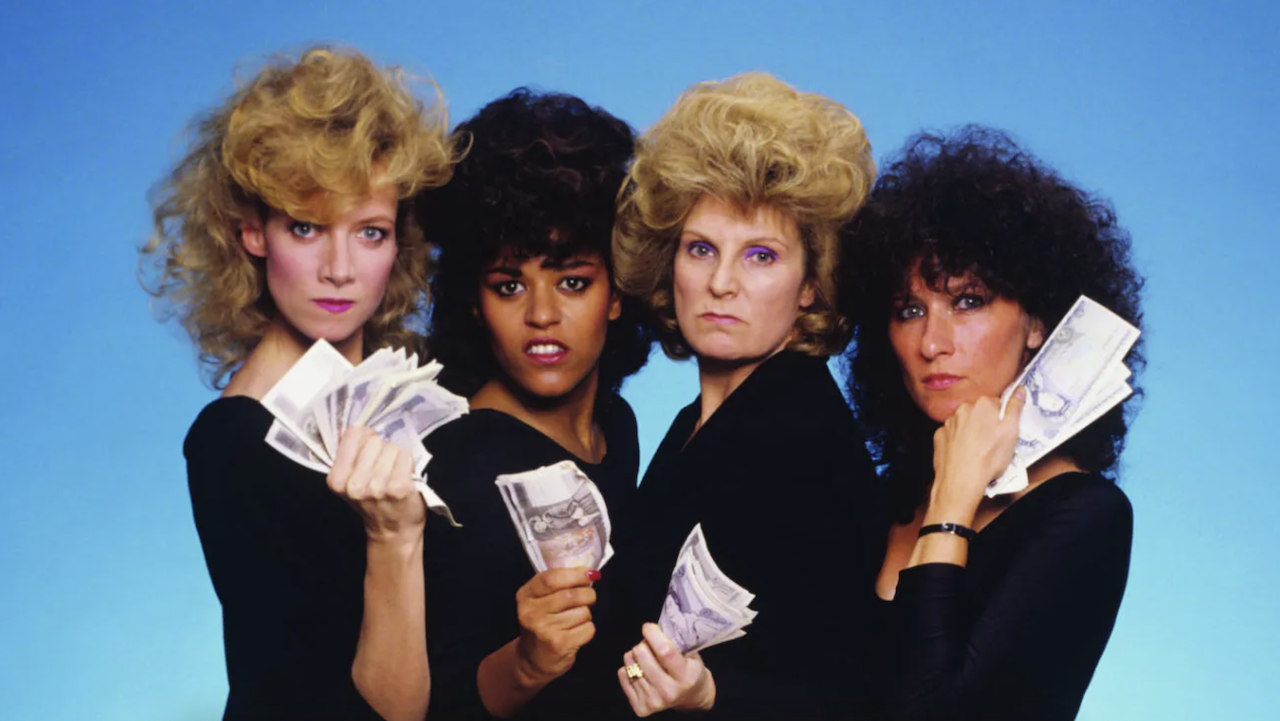
A thoroughly mapped-out plan—Widows
There’s nothing like diagrams and a set of blueprints to get a robbery well and truly going. That’s all that Dolly Rawlins has in Lynda La Plante’s seminal 80s crime series Widows, as her criminal mastermind husband Harry is burnt to a crisp in a botched job. Together with two other women widowed by the robbery, they carry out one last job, methodically constructing a plan and avoiding detection from coppers and villains (British for mobsters).
It’s an impressive, engaging yarn, packed with tension and twists, and such a landmark for British telly that it was remade in 2018 by Steve McQueen and Gillian Flynn. The widows’ heist succeeds due to following Harry’s instructions to the letter—without realising they’re playing further into Harry’s plans than they think.

A solid, unwavering motive–Sexy Beast
There is a heist in Jonathan Glazer’s psychological crime film Sexy Beast, and although it takes up a miniscule amount of the runtime, all the drama is centred around it. Expat gangster Gal (Ray Winstone) resists harassment from the psychotic criminal Don who’s determined to get him in on the job. Why are they so fixated on this heist? “Where there’s a will—and there is a fucking will—there’s a way—and there is a fucking way,” head honcho Teddy says.
It speaks to the film’s main themes; being a hyper-masculine, ruthless criminal burns out your brain, ruining your psyche with a warped set of priorities and a brutal methodology to getting what you want. They’re doing the heist because they see not doing it as a calamitous, personal failure—and Gal is terrified of reverting back to that way of life.
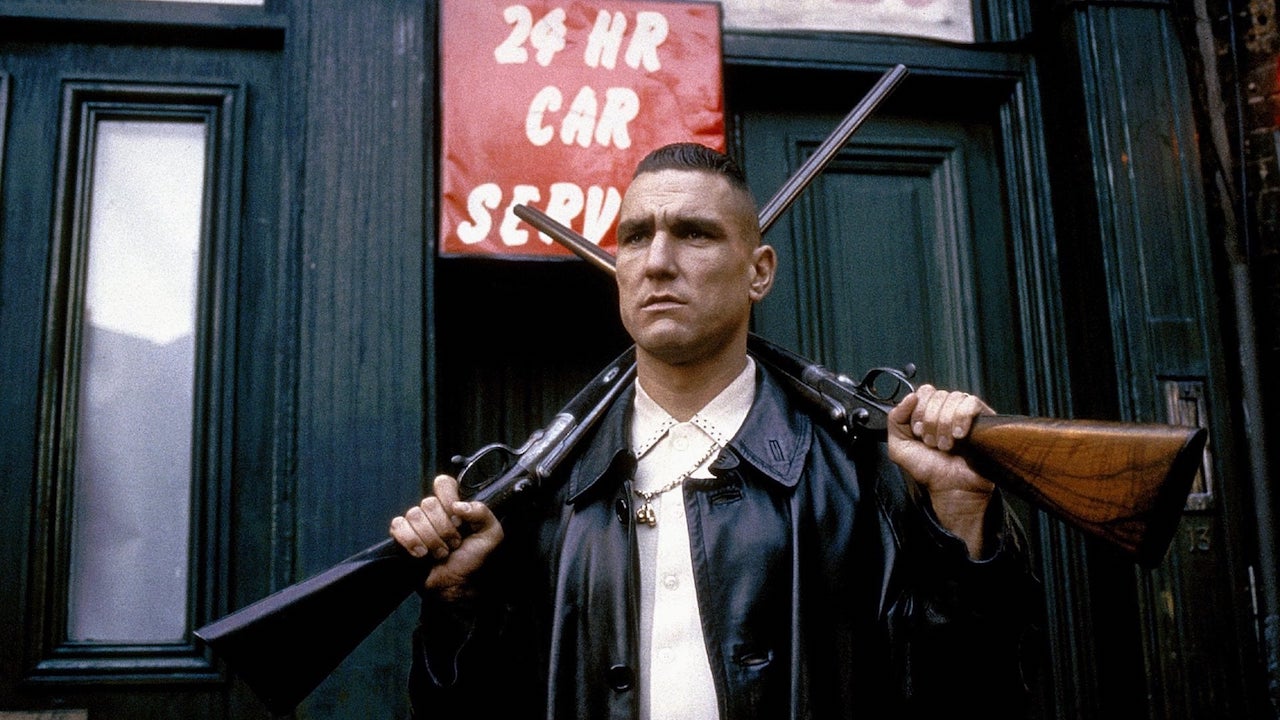
An eclectic array of weapons—Lock, Stock and Two Smoking Barrels
Sawn-offs, tiny handguns, air rifles, antique shotguns, even a WW2 machine gun—Guy Ritchie’s breakout crime caper certainly packs the heat. The low-budget but boundlessly energetic film centres on a number of unrelated small-time heists and robberies that end up spiralling in such a way that carnage falls on the doorstep of everyone in the cockney ensemble.
Part of what makes the film’s artillery so compelling is that all the characters seem completely ill-equipped to wield them; they know the guns make them look mean and tough, but their resounding idiocy leaves them comically out of their depth. You can smell the 90s Tarantino on Ritchie’s film, but it does feel authentically British; where the criminals are loutish and seedy, and their toughness covers their dim-wittedness.
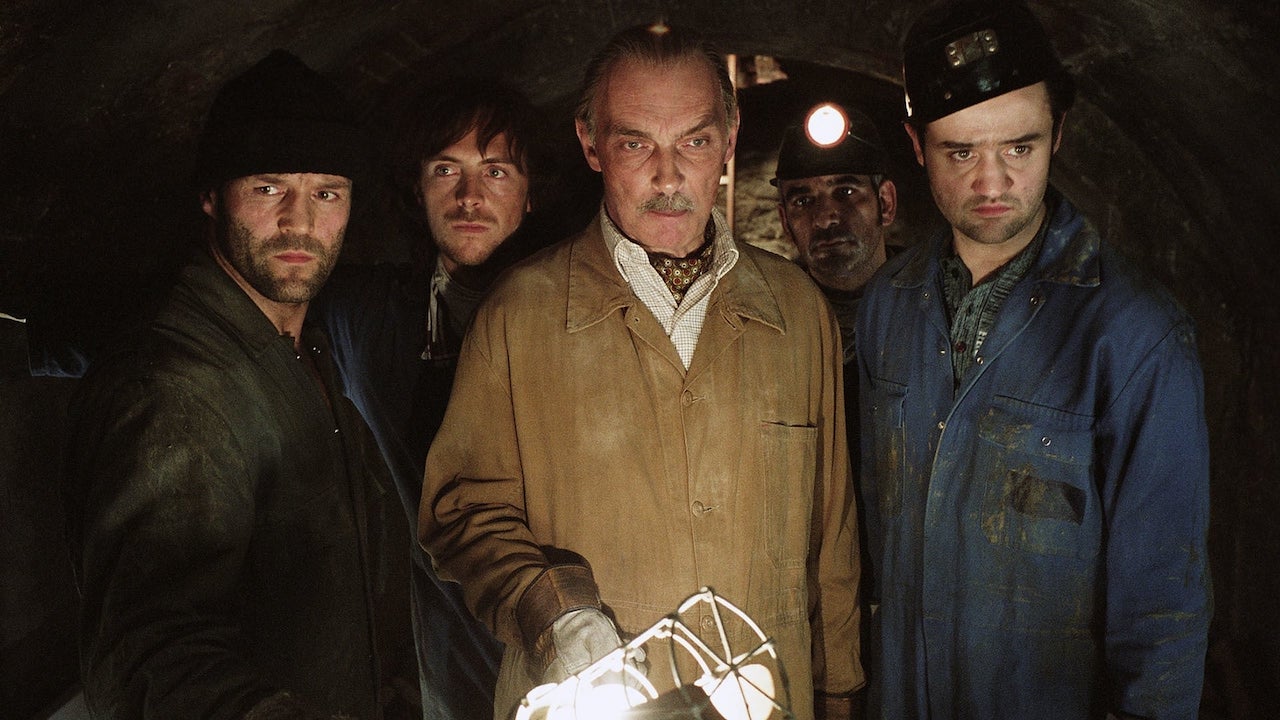
A decent bit of leverage—The Bank Job
Sometimes criminals aren’t dim-witted, they’re just ignorant to the bigger elements at play. In 1971 London, a gang of low-key criminals tunnelled directly into a bank vault and robbed hundreds of safety deposit boxes. The contents were largely unrecovered, but it’s been speculated the bounty included compromising photos of Princess Margaret.
The Bank Job takes these widely dismissed rumours and runs with them, spinning a yarn incorporating every contemporary political influence it can—Black radicals, Soho pornographers, MI5—as our out-of-their-depth robbers realise just how valuable their stolen goods are, and what lengths higher-ups would go to in order to get the scandalous materials back. If you’re not being let in on everything you’re lifting, make sure you’ve got an ace up your sleeve to put those in charge on the other foot.

A foolproof exit strategy—The Curse
In Channel 4’s caper, a bunch of working class Londoners in the 80s stumble across a comical amount of gold bullion during a warehouse heist, and it soon becomes clear how absurdly out of their depth they are. Some, like the bulldog dimwit boxer Mick and wannabe gangster Phil, feign like they’re in control, whereas meek cafe-owner Albert crumbles at every turn.
While Albert’s wife Natasha proves to be the most level-headed, they all face the same obstacle—because the discovery of the gold was an accident, they have no idea what to do with it, and are always improvising short-term solutions every step they take. While the six-episode series hasn’t yet offered a resolution for every character, it’s clear that a lack of post-heist planning will ultimately spell their doom.
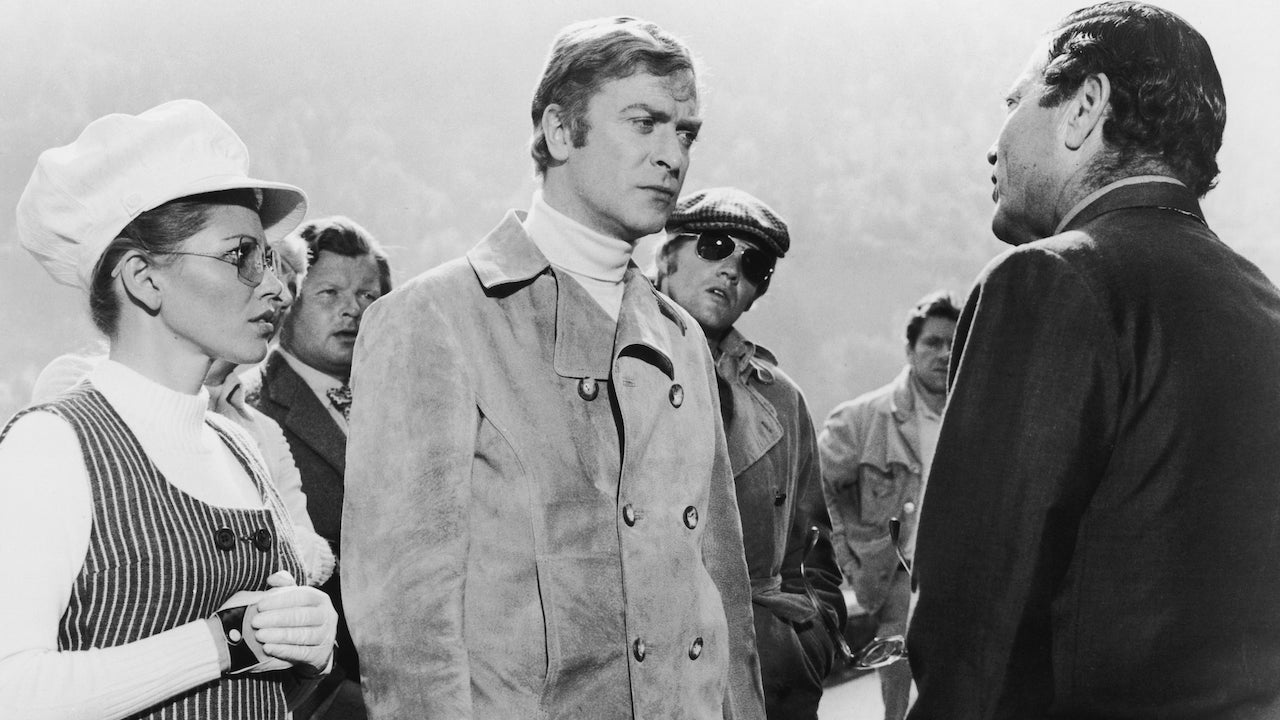
And above all else, a little bit of flair—The Italian Job (1969)
Even though it takes place on foreign soil, The Italian Job may be the most British heist film just in how obnoxiously English its crew are—and that’s partly why it works so well. Another gold heist, this time in the streets of Turin during a footy match, with a glorious getaway chase in three stylish red, white, and blue Mini Coopers; it’s all done with such dazzling cheekiness that you find yourself rooting for these honest blokes the whole way.
Michael Caine as chancer Charlie Croker leads the unlikely heroes with an air of arrogance and charm which gives him an edge over coppers, soldiers, and the mafia. Even until the last, where they risk losing everything, he’s convinced he can come up with a clever idea to get them out of trouble. Unlikely, Charlie, but give it your best shot.

